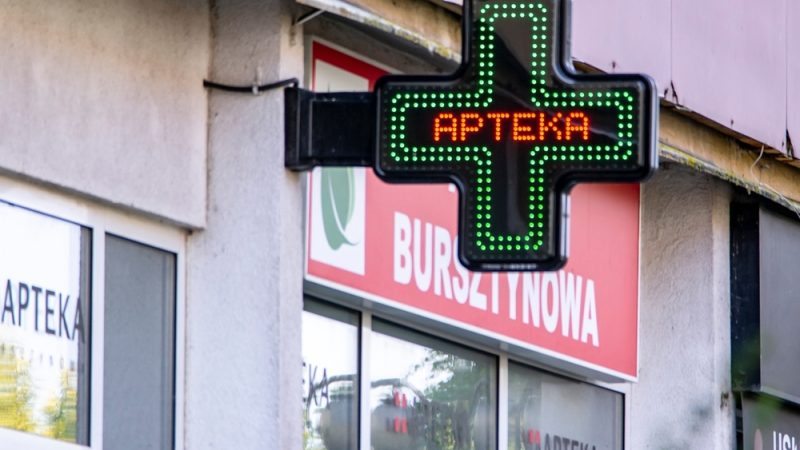Pharma Policy Overhaul Urged by Experts for Secure Drug Supply

- Healthcare experts in Poland are recommending measures to the government to increase drug security and boost domestic pharmaceutical production. They argue that the current pharmaceutical law, instituted in 2001, does not align with the rapidly evolving economic environment and different models for drug distribution and trade have emerged across Europe.
- They suggest a need to reimagine the pharmaceutical supply chain, going beyond just managing and reacting to medicine shortages. One suggested strategy to combat drug shortages involves the development of a list of critical active pharmaceutical ingredients (APIs) that should be manufactured in Poland.
- The officials also stressed the need for enhancing communication between drug manufacturers and the government, stating that the regulations are ultimately about the patient. They noted that enhancing drug production includes addressing challenges like high inflation, rising production costs, and increasing demand for certain active ingredients.
Enhancing Drug Security and Domestic Production in Poland
Healthcare officials in Poland have released proposals to the government to heighten drug security and amplify domestic pharmaceutical production.
Drug security involves the entire pharmaceutical process from manufacturing to patient delivery in pharmacies and hospitals. This was stated by Łukasz Szmulski, the Director of the Department of Pharmaceutical Policy and Pharmacy, during a discussion at the 19th Health Market Forum.
The forum consisted of a panel of experts who proposed strategies to strengthen Poland’s pharmaceutical security for the new health minister to utilize in shaping the country’s healthcare blueprint.
Transforming the Pharmaceutical Industry
Szmulski highlighted that the pharmaceutical law, established in 2001, requires alterations due to the economic transformations that have reshaped the industry in the past 25 years. Different models have been employed across Europe to restructure pharmaceutical trade and distribution to address drug security and availability. These models emphasize the need for adaptability to guarantee reliable medication access for Polish citizens.
Aneta Grzegorzewska, Director of Corporate Affairs at Gedeon Richter Polska Sp. z o.o., called for a paradigm shift in stakeholders’ perspective of pharmaceutical security in Poland. She stressed that drug security involves reimaging the entire pharmaceutical supply chain and not merely reacting to medicine shortages.
Combatting Drug Shortages
A strategy suggested to address drug shortages is the creation of a list of key active pharmaceutical ingredients (APIs) that should be locally produced for Poland’s pharmaceutical security. This list contains over 100 substances, including insulin, antibiotics, and statins.
Increasing Drug Safety
Barbara Misiewicz-Jagielak, Vice President of the Management Board at the Polish Association of Pharmaceutical Industry Employers, emphasized that this list serves as a backup during border closures or emergencies. However, improving drug production goes beyond a list; time commitment and various tools are requisite.
She pointed out the challenges faced by drug manufacturers, including rising production costs and increasing demand for certain active ingredients. She stated that if Poland aims to ensure pharmaceutical security and boost domestic drug production, these challenges must be addressed. Misiewicz-Jagielak encouraged an open dialogue between drug manufacturers and the government as a regulatory body for a satisfactory compromise.
—
Read More Health & Wellness News ; US News


Leave a Comment